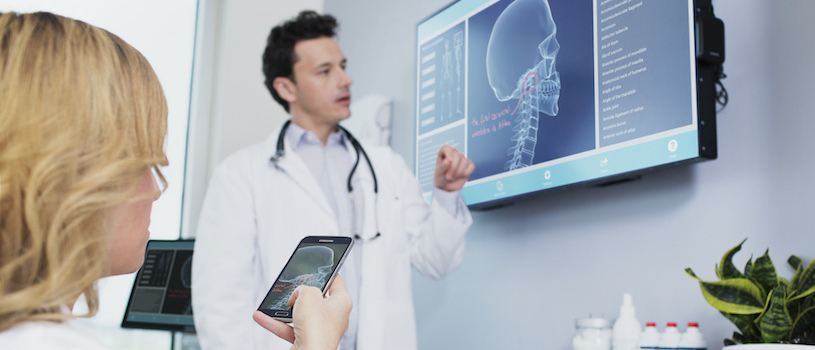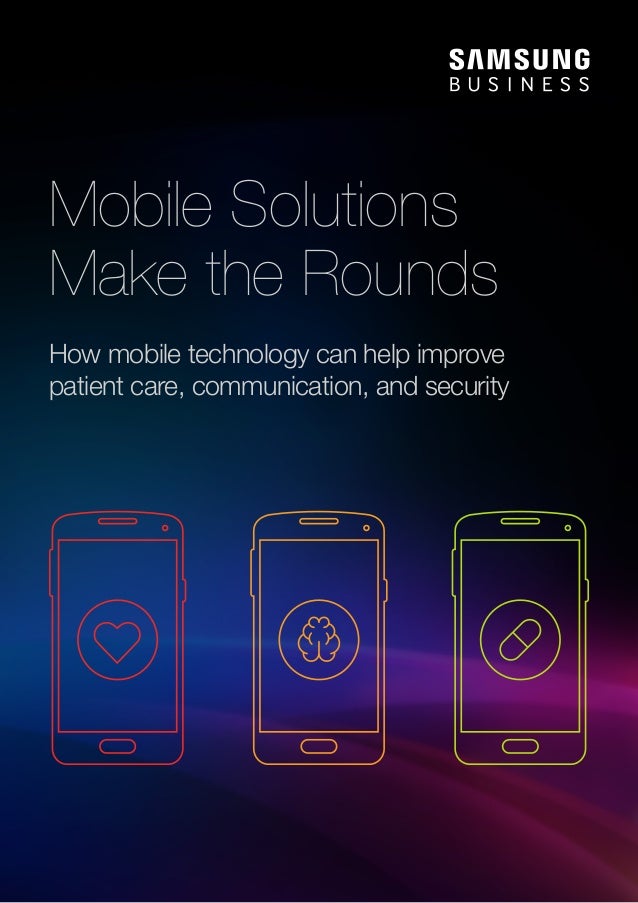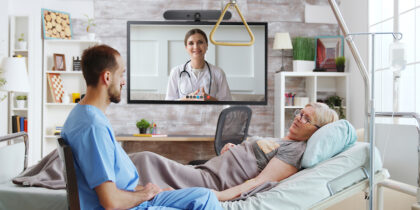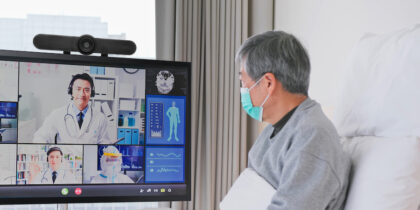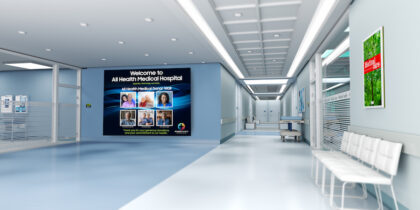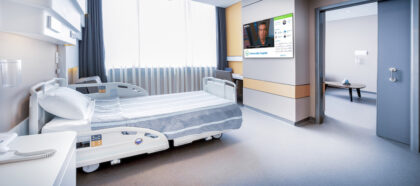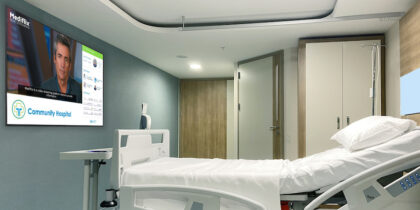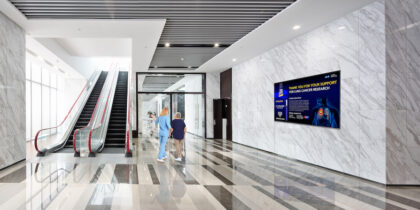Nurse communications is getting more attention every day, and it should be. Hospital leader decision-making is heavily impacted by nurse-to-patient ratio statistics, but there are more fundamental questions to be answered, especially around the role that communications plays within the metric itself.
As the entire U.S. healthcare sector moves away from outcome-disconnected metrics and toward an environment where quality is the gold standard of healthcare interactions, a focus on communications, and in turn, how technology can be leveraged to facilitate that focus, will pull IT leaders into a new era of decision-making. It also raises the pressing question of how, exactly, to address a need for improved quality and care outcomes, particularly in the area of increasingly limited nurse time.
In particular, unlocked smartphones hold the potential to replace the legacy devices that nurses are familiar with while still addressing the pressing challenges they face every day.
Understanding the Entrenched Legacy Device
It may be hard to believe, but 90 percent of hospitals still utilize pagers in some capacity. Scoff all you want, but there are a few good reasons that healthcare is still relying on this dated technology, and understanding those reasons is key to taking the first steps into the future of nurse communications.
Cultural Norms: Healthcare is a slow-moving industry. Yes, pagers might seem outdated to many other sectors, even people within healthcare, but this is an industry where faxing is still the status quo, and plenty of people are perfectly okay with that. While individuals in healthcare might be familiar with smartphones in their personal life, their work is different and still largely populated by technology of the past.
Mobile Technology Is Making the Rounds
Discover how mobile technology can help improve patient care and communication. Download Now
Maintenance Factors: Pagers are easy; with a battery that can go weeks without being changed, the simplicity and low-maintenance nature of the pager can’t be ignored. Clinicians, nurses included, are used to not worrying about their communications devices, and that’s a perk that few will want to compromise on for long shifts.
Reliability: Anyone who’s ever traveled to a remote area, or even into the wrong corner of their own home, knows cellphone service can be unreliable. In hospitals, where buildings are densely constructed with a mix of materials that obstruct cellular coverage, the problem is even worse. Paging networks though, have more broadcast power and fewer devices on the network, providing clinicians across the hospital landscape with life-saving reliability that’s critical to their work.
Group Messaging: More than ever, care environments require coordination across teams and specialties, meaning communication, nurse communications included, is critical. They might be clunky, but pagers provide for the speedy group messaging that keep clinical workflows functioning at optimal levels.
Limited Features: Yet, pagers are very one-dimensional and in this age where images are vital for decision-making, medical file examination is necessary and alert capabilities are essential. This means nurses must have the best technology that is available
Unlocked Smartphones in a Pager-Loving World
Unlocked smartphones neatly align with the benefits of pagers, but also expand on capabilities they have provided nurses and other clinicians for so many years. It’s important to note though, that most of these benefits are completely dependent on a device’s unlocked status, meaning that simply shifting a device fleet to a staff’s favorite cellphone won’t have close to the same impact as partnering with a healthcare-focused vendor who provides the option of unlocked devices.
Cultural Shift: Healthcare might be a slow-moving industry, but that’s largely because it can be highly regulated. Across the board, momentum behind effective healthcare technology solutions is building, opening the door to communications options that bring nurses into the future of the industry. Providing nurses with unlocked smartphones helps them and the profession overall keep up with impending changes and stay aligned with colleagues across their field.
Maintenance Perks: Pagers are low-maintenance, but cellphones aren’t too far behind. The race to increasingly long battery life has begun, and a few leaders have emerged. While unlocked phones still can’t go as long as pagers without a charge, the unlocked nature does provide the ability to keep extra, interchangeable devices, meaning nursing staff will never have to worry about a battery running down again.
Coverage: One of the most impactful features of unlocked smartphones is the de-tethering from cellular networks. For unlocked phones, not only does IT have complete flexibility in choosing a service provider, but the challenges of maintaining service in thick-walled hospital basements and remote locations can be addressed through simple Wi-Fi solutions. Additionally, this allows devices to be used across multi-facility systems without concerns of coverage fluctuations in different geographical regions.
Collaboration Options: Clinical collaboration has become much more complex for the 1.5 million nurses around the country. They need to access information both in and outside the hospital, and having one flexible device that allows them to communicate about care and medication administration frees them from carrying multiple devices and helps address challenges around nurse-to-patient ratio statistics. Additionally, unlocked devices allow nurses to send more nuanced group messages that provide much more information than pagers, and reflect a tone that emphasizes or de-emphasizes urgency when needed.
With unlocked devices, healthcare staff can not only expand on their communications capabilities, but also access more information and provide personalized care to patients.
Explore cutting-edge healthcare technology in more depth by checking out our full line of healthcare solutions.
